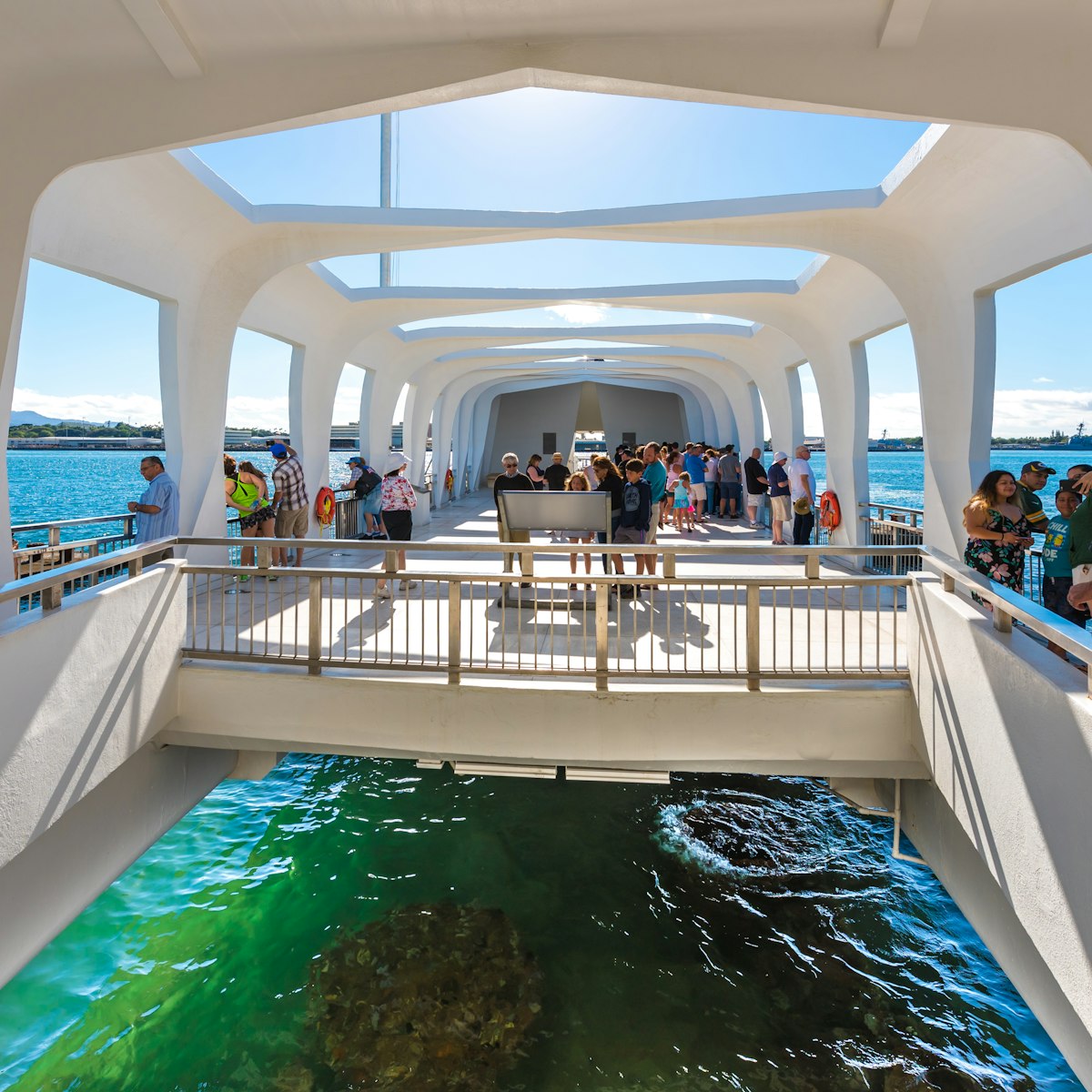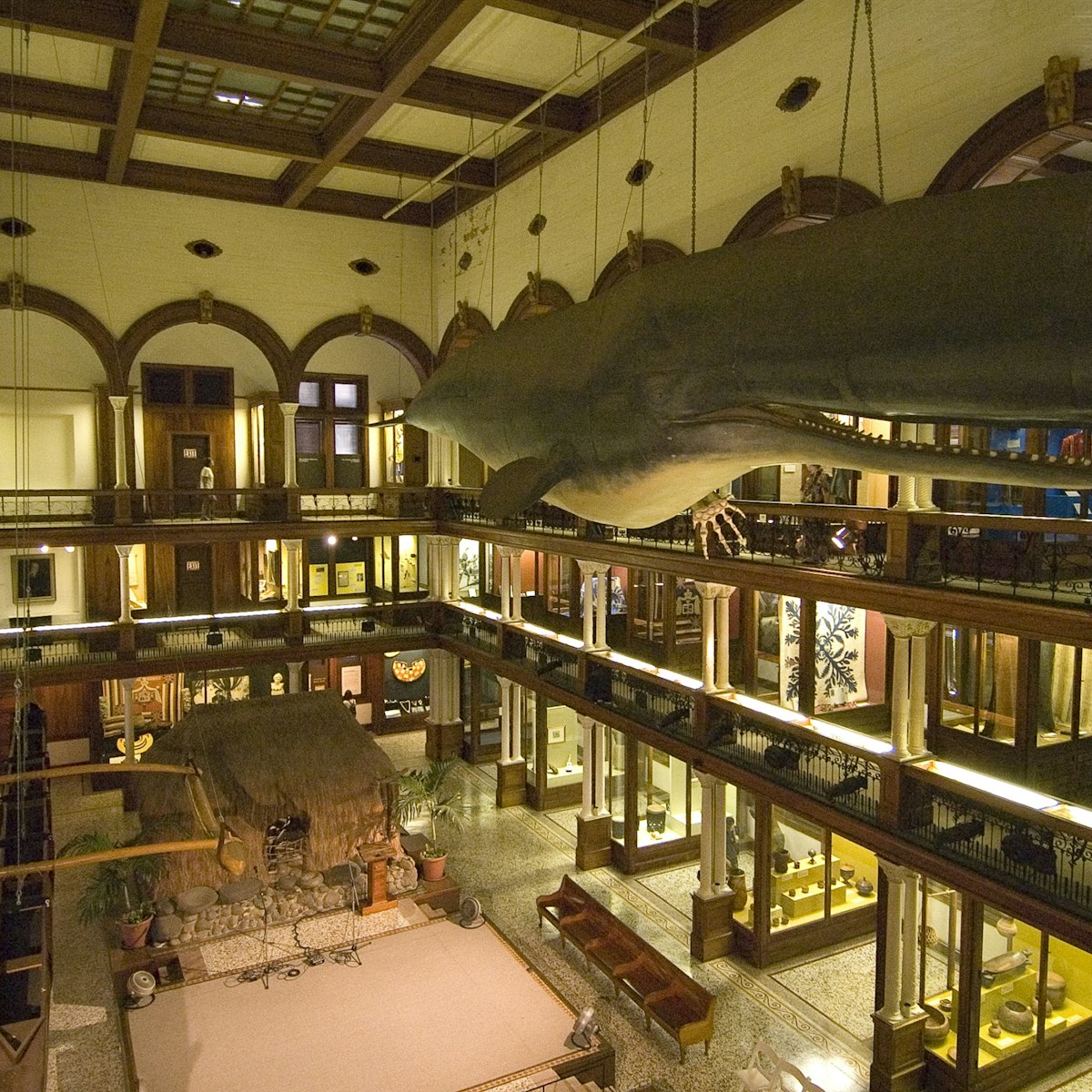Near the police substation at Waikiki Beach Center, four ordinary-looking volcanic basalt boulders are actually sacred and legendary Hawaiian symbols. They are said to contain the mana (spiritual essence) of four māhū (individuals who were both male and female in mind, body and spirit) healers who came to Oʻahu from Tahiti around AD 400. According to ancient legend, the healers helped the island residents by relieving their maladies. Soon the māhū healers became very famous. As a tribute when the healers left, the islanders placed the four boulders where they had lived.
The two heaviest stones weight eight and 10 tons respectively, how the ancients moved them the two miles from a quarry east of Diamond Head is a mystery. Like the Hawaiian people, the stones suffered many indignities in the 20th century. Archibold Scott Cleghorn, the Scottish husband of Princess Likelike and father of Princess Kaʻiulani, discovered them on his Waikiki waterfront property. He had them excavated and stone idols were found with them. The princesses regularly placed seaweed offerings on them. When Cleghorn died in 1910, his will stipulated the stones be protected, which didn't happen.
In 1941 a bowling alley was built on the site and the stones were used in the foundation, despite protests from the local community. After the structure was demolished in 1958, the stone were given some prominence in the newly created Kuhio Beach park. However, more indignities were to come. They were dug up yet again in 1980, so a sewer line and toilet could be built on the spot. Tourists began using them as a towel-drying rack, sparking many Hawaiian community protests. In 1997, the stones were moved yet again to their present spot and fenced off. Look for the sacred ahu (altar) that was added.







